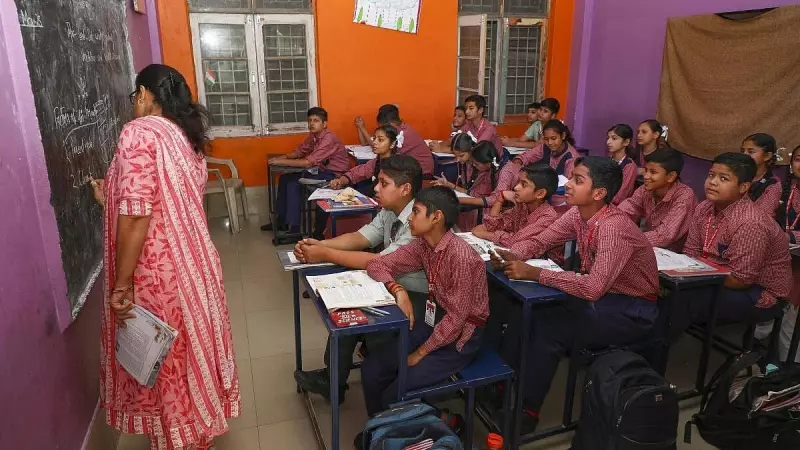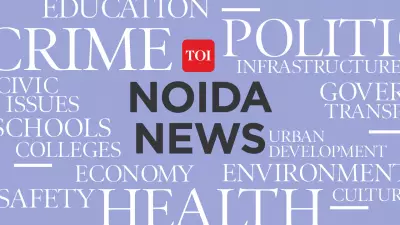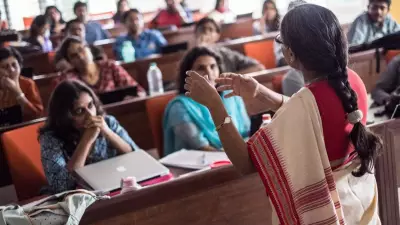
A major political storm is brewing in Kerala over the implementation of the PM SHRI school scheme, creating deep divisions within the state's educational landscape. The controversy has escalated to the point where ruling and opposition parties are locked in a bitter confrontation over the central government's flagship education initiative.
What Exactly is the PM SHRI Scheme?
The PM Schools for Rising India (PM SHRI) scheme represents the central government's ambitious plan to transform and upgrade approximately 14,500 schools across the country. These selected institutions are envisioned to become model schools that showcase the implementation of the National Education Policy (NEP) 2020.
The scheme promises substantial financial investment – with the central government covering 60% of costs and state governments contributing the remaining 40%. Selected schools receive significant infrastructure upgrades, digital classrooms, smart learning tools, and resources to implement experiential teaching methodologies.
The Heart of Kerala's Opposition
Despite the scheme's apparent benefits, Kerala's political landscape has become sharply divided. The ruling Left Democratic Front (LDF) government has expressed strong reservations, while the opposition United Democratic Front (UDF) appears more receptive to the initiative.
The primary concerns raised by opponents include:
- Central Government Overreach: Fears that the scheme could undermine state autonomy in education policy-making
- Financial Burden: Concerns about Kerala's capacity to bear the 40% financial commitment
- Curriculum Influence: Apprehensions about potential central influence on Kerala's distinctive educational approach
- Implementation Transparency: Questions about the selection criteria for schools under the scheme
Political Battle Lines Drawn
The controversy has created unusual political alignments. The LDF government, traditionally wary of central schemes, has approached the PM SHRI initiative with caution. Meanwhile, the UDF opposition has been more open to collaboration, creating political friction and accusations from both sides.
Education Minister and CPI(M) leader V. Sivankutty has been particularly vocal about the need to protect Kerala's educational autonomy. The opposition, however, argues that political differences shouldn't deprive students of potential benefits.
Broader Implications for Indian Education
This conflict in Kerala reflects larger tensions in Indian federalism, particularly regarding education policy. As one of India's most literate states with a renowned public education system, Kerala's stance on the PM SHRI scheme could influence how other states approach similar central initiatives.
The ongoing debate raises fundamental questions about the balance between centralized educational reforms and state-specific approaches to learning and curriculum development.
As the political drama unfolds, all eyes remain on how this confrontation will impact the future of educational reforms in Kerala and whether a middle ground can be found between central vision and regional educational identity.





